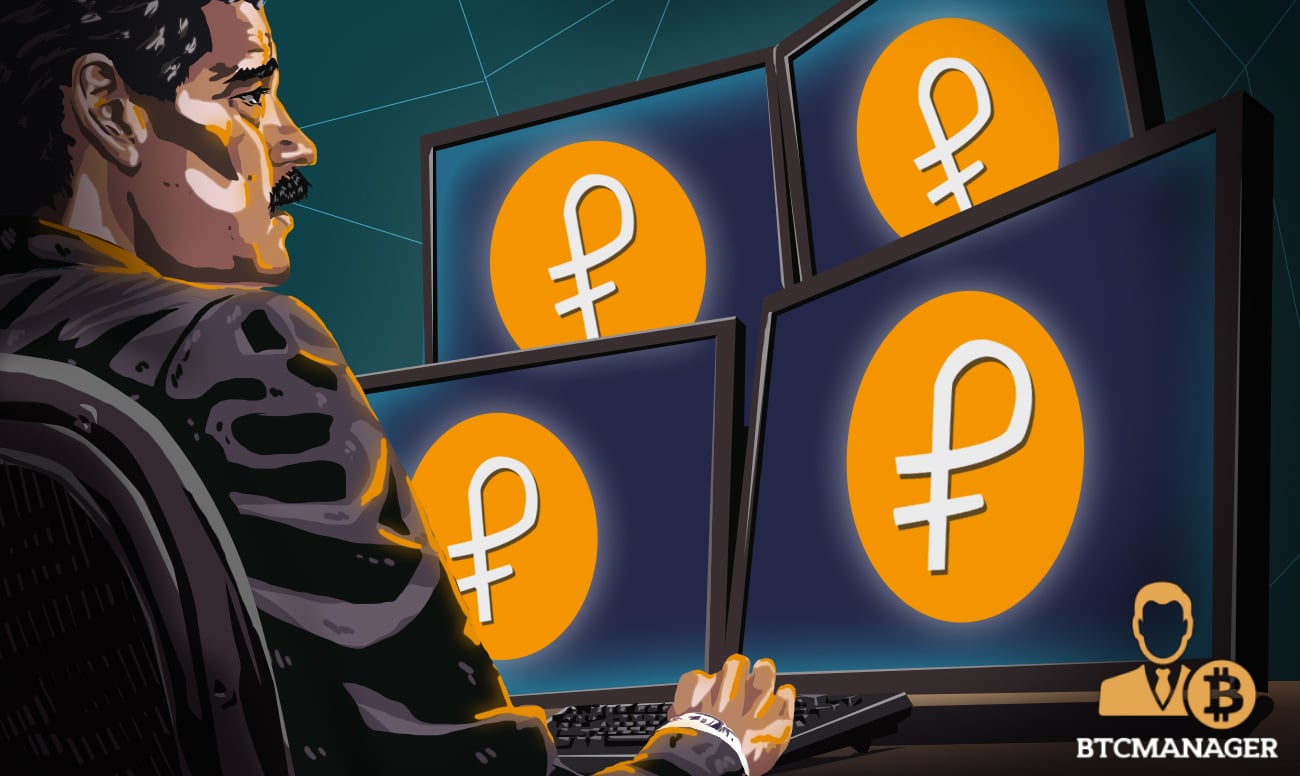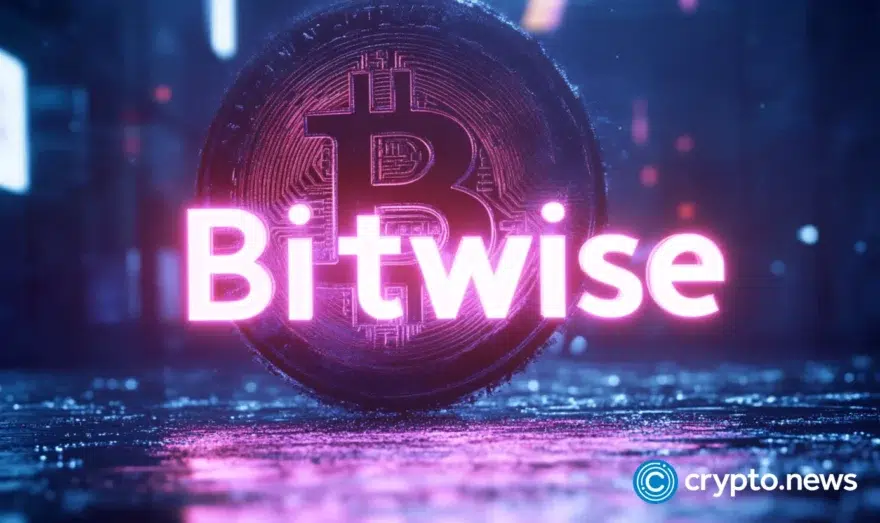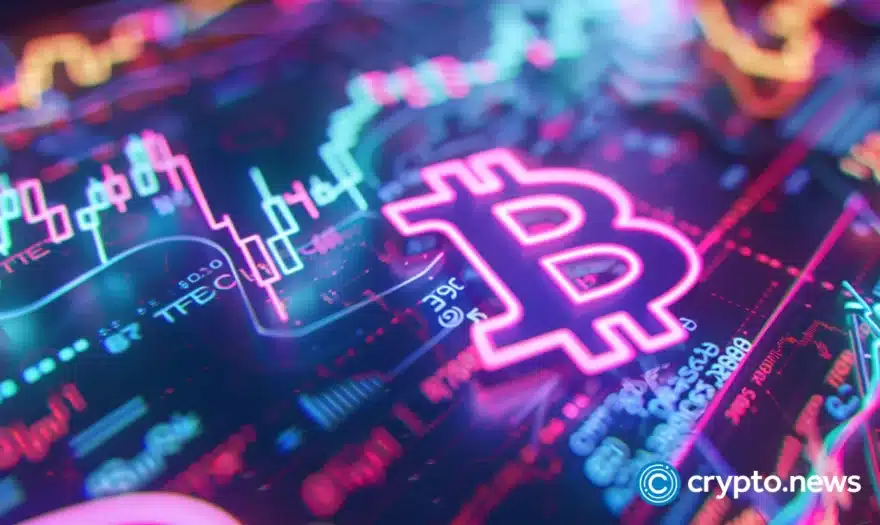Venezuela Launches Cryptocurrency Remittance Platform to Boost Capital Inflow in the Country

According to official news published by the Venezuelan government on August 26, the state-run remittance platform Patria Remesa is officially operational.
Crypto Remittances
Thousands of Venezuelan migrants fled their homeland years ago to find work and send remittances to their relatives since a few dollars could bear the costs of living. However, the cost of living in Venezuela — calculated in U.S. dollars — went up 554 percent between December 2017 and April 2019. Imagine that a family of four in Venezuela needed $110 dollars for basic expenses in 2017 and, in April of this year, they would need $720.
As a result, helping loved ones becomes increasingly difficult and expensive for Venezuelans living abroad.
Besides this major failure in the economy, the country is also facing severe crises from political upheaval and the U.S. as the latter imposed sweeping sanctions earlier this month aimed at increasing pressure on President Maduro, who is in a struggle for power with the leader of Venezuela’s National Assembly, Juan Guaidó.
One of the answers from the Venezuelan government to try to lift the situation was the official launch of Patria Remesa, a state-run remittance platform to receive cryptocurrency payments from anywhere in the world.
The announcement took place during the Venezuela Crypto show, broadcasted by Radio Nacional de Venezuela (RNV), and highlighted the security and ease of cryptocurrency payments. However, within the message, there is also an invitation to accumulate the state-backed cryptocurrency Petro, “the only means by which citizen would escape inflation”.
Joselit Ramírez, the TV host of the show, continues by saying that Petro was a plan designed by the President of the Republic, Nicolás Maduro, to fight imperialism and treat the wounds of the war. Ramírez considers this pseudo-cryptocurrency, created in 2018, a completely different financial instrument than the dollar, which would allow protection against inflation.
How it Works
Patria Teresa will be regulated by Venezuela’s crypto regulator Superintendency of Cryptoassets and Related Activities (Sunacrip) and will be run by the government agency, Patria.
The platform complies with all KYC and AML procedures and respects the monthly cap for crypto remittances imposed by the new regulation published in the Official Gazette No. 41.581.
https://twitter.com/SunacripVe/status/1094048297579413505
The monthly limit is equivalent to 10 Petros (PTR) which translates into $600 dollars and may be increased to 50 PTR ($3,000 USD) if further authorization is allowed. Once the operation is carried out there will also be a commission that can range from the equivalent of $0.25 dollars to 15 percent of the total amount in Bolívars.
The resources sent will be available in sovereign bolívars in the Monedero Patria as soon as the transfer is confirmed.
Another Sketchy Initiative
It seems that the Government is trying to boost the use of its payment platform to combat the fall of the local currency and to incentivize capital inflow, but we should notice the regulatory framework which was built around this infrastructure.
The procedure is quite absurd as you need to apply mandatory know your customer (KYC) and anti-money laundering (AML) procedures in order to use cryptocurrencies, even for an amount as much as low as $600 dollars per month. It’s a complete centralized state service, the opposite of a cryptocurrency payment which is free from the control of the government’s intervention.
According to what is stated on the site, Venezuelans can receive Bitcoin and Litecoin payments but they have to be mandatorily exchanged for sovereign bolívars or Petros, which are surely not quite a good alternative. Lastly, the platform also prevents the benefit of the speed and cost-effectiveness of cryptocurrency transactions by charging a fee that can go as high as 15%.
It is difficult to predict the impact this service can have on Venezuelans, however, given the premises, one result could be an increase in transactions on alternatives such as LocalBitcoins.















